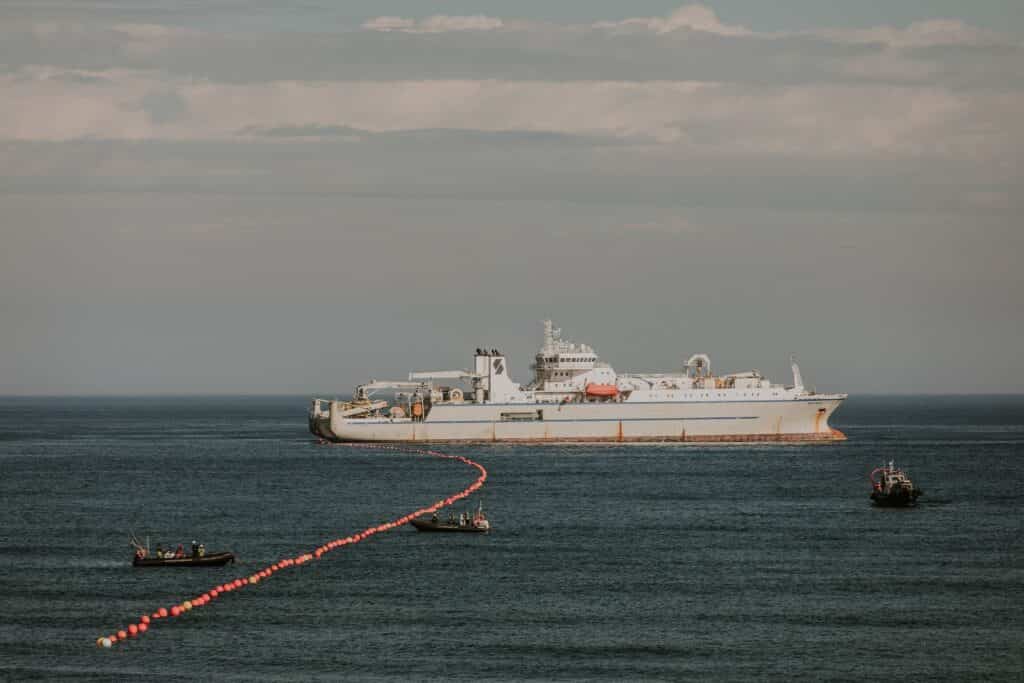The National Commission of Markets and Competition (CNMC) has decided to deregulate the market of submarine trunk rental lines in Spain, a significant step that will mainly affect high capacity connections between the islands and the mainland. This measure puts an end to the regulation that still applied to certain routes, allowing for greater dynamism in the telecommunications sector.
Market Situation
Until now, the market for trunk lines in Spain was mostly deregulated, with the exception of nine specific submarine routes. These routes include connections between the smaller islands and the larger islands in the Balearic and Canary archipelagos, as well as the routes between Ceuta and Melilla with the mainland. On these routes, Telefónica was required to offer high capacity trunk lines at prices regulated by the CNMC.
The CNMC has conducted a thorough analysis of the market and has found that significant deployments of next-generation broadband networks, especially fiber optics, have been made in the affected territories. The penetration of these networks in some areas exceeds the national average, indicating significant progress in telecommunications infrastructure.
Evolution and Competition
The deployment of new submarine cables by alternative operators, such as Canalink, Reintel, GTD, and the Autonomous City of Melilla, has been notable. In most regulated routes, except for La Gomera – El Hierro, alternative cables to those of Telefónica have been installed or are being installed. Experience in other deregulated submarine routes shows that the entry of new cables has boosted competition in the wholesale market for trunk lines.
CNMC Decision
Based on this positive evolution, the CNMC has decided to eliminate the obligations imposed on Telefónica within six months. This deregulation will allow the market to adjust more efficiently to competition and service offerings, benefiting consumers with greater options and better prices.
The CNMC is committed to continuously monitor the competitive dynamics in these routes after deregulation to ensure that the market continues to evolve fairly and competitively.
In summary, the deregulation of the market for submarine trunk routes marks a step towards greater competition and modernization in the telecommunications sector in Spain, with the hope that this measure will contribute to a more diverse and competitive offering for users.

